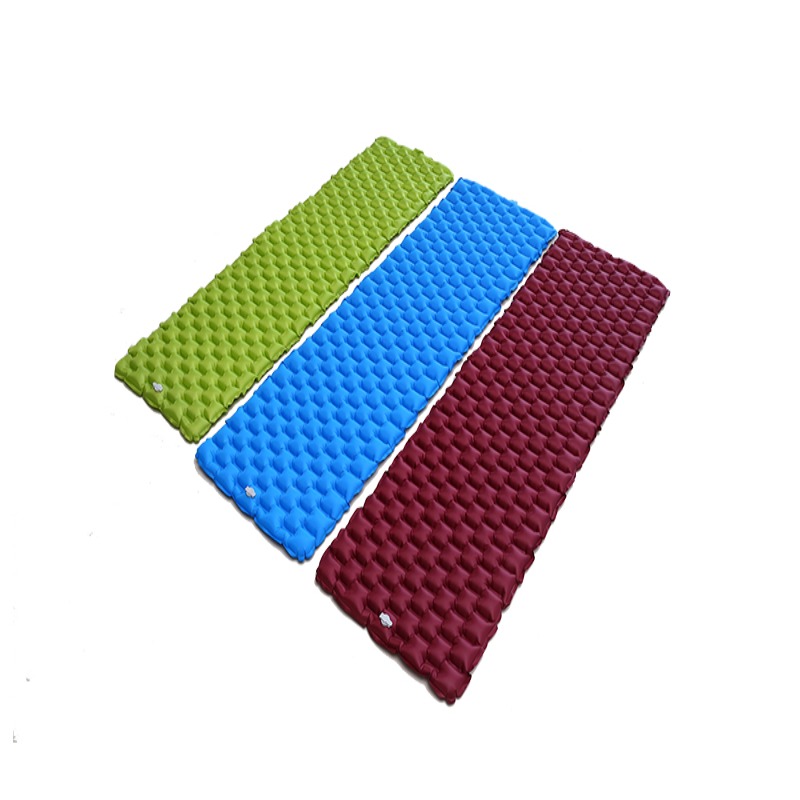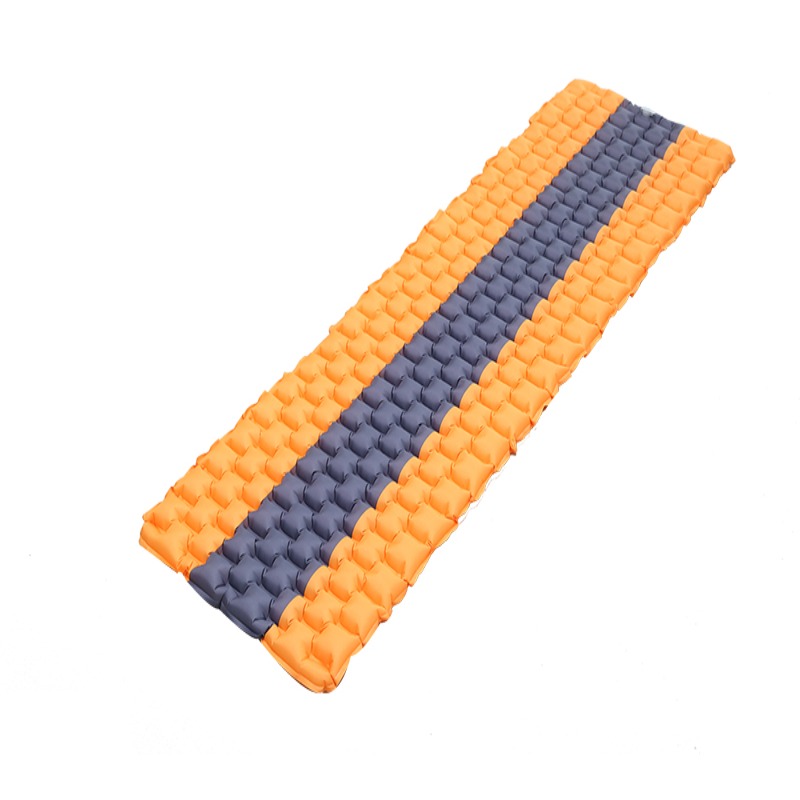Camping at the beach is also a beautiful thing. Building castles on the beach and basking in the sun are all very pleasant things. Although beach camping is good, you should also pay attention to various issues so as not to affect your interest.
1. Sun protection
The reason why sun protection put it in front is because it is easy to be overlooked. Many donkeys have a habit of staying indoors, their skin is moisturized, and their sun protection performance is poor. When exposed to the sun at the seaside, they will get sunburned within two hours (perhaps shorter). I didn’t feel the injury at the time, and the skin was red and sunburned. After a day or two, the skin would be painful and peeling, and even blisters. You can use a towel to reduce the pain, and use moisturizers to replenish the sunburned part. Vitamin C supplementation prevents melanin precipitation. People who are often active in the sun have better resistance to sunburn. You can also use sun-proof umbrellas (with silver coating) or wear long-sleeved clothes. Of course, it is better to wear sunscreen. Remember to swim or a lot. Don't forget to wipe it up after sweating.
2. Don't catch a cold
The most important thing you should do when you go to the beach is to play in the clear water, but pay attention, you can also catch a cold when you play in the sea, especially when the weather has just warmed from the cold, the sea is still relatively cold, and your physical fitness is poor. In this situation, students are prone to catch a cold. Once they catch a cold, the next activities will lose their meaning. Therefore, once you feel that the sea is colder, you should leave the sea.
3. Prevent mosquitoes
Mosquitoes on the seaside are as good as those on the mountains. In addition to mosquitoes and flies, there is a kind of jumping lice on shallow beaches and beaches that is very annoying, biting (painful) in shallow water, and jumping around. Pay attention to wipe the mosquito repellent to avoid biting, and pull the screens of the tent, and protect food, tableware, etc. (best not to put it on the ground, you can put it in the bag). Sitting around a campfire is usually safe from bites.
4. Moisture-proof
Try to put the tent away from the sea as much as possible to avoid flooding the tent by the high tide. This requires us to understand the tides and we can ask the local fishermen. The safest way is to find a place where the sand is dry and camp on the beach, choose good weather when traveling, and pay attention to the weather forecast for the next few days.
5. Sleep quality
Beach camping is concentrated in summer. If the beach is dry, it will be very soft, and you can lie on it to sleep directly after it is leveled. If the beach is wet, it will be harder. At this time, you need a self inflating mat that keeps cold and moisture away. Before you sleep, check whether there are mosquitoes in the tent and go to the toilet to prevent you from opening the tent in the middle of the night. At the same time, there is a big difference in temperature between day and night at the beach, so you should keep warm, and you should bring thick clothes even in summer.
6. Ingredients
Barbecue is very suitable for the beach, cooking seafood is also very good, but you must eat fresh. There will be low tide in the early morning of the first and fifteenth days of the lunar calendar. At that time, you can catch the sea. You can dig clams on the beach at low tide, catch crabs, etc., clams, crabs, skins, shrimps and other seafood are boiled without seasoning. That is cooked. When grilling, pay attention to the ingredients. Steamed buns and chicken wings on skewers will taste bad in the hot summer. It is best to buy them before meals. The ham will be kept longer. Pay attention to thorough cooking to eliminate parasites in seafood.
7. Swimming
Swimming in the sea is dangerous. Underwater rocks, deep pits, and complicated currents are all dangerous. Therefore, for those who do not particularly understand the local hydrology, they should learn more about the hydrology and swim in groups. Try to bring a lifebuoy.

 简体中文
简体中文 English
English 日本語
日本語 Español
Español Deutsch
Deutsch











